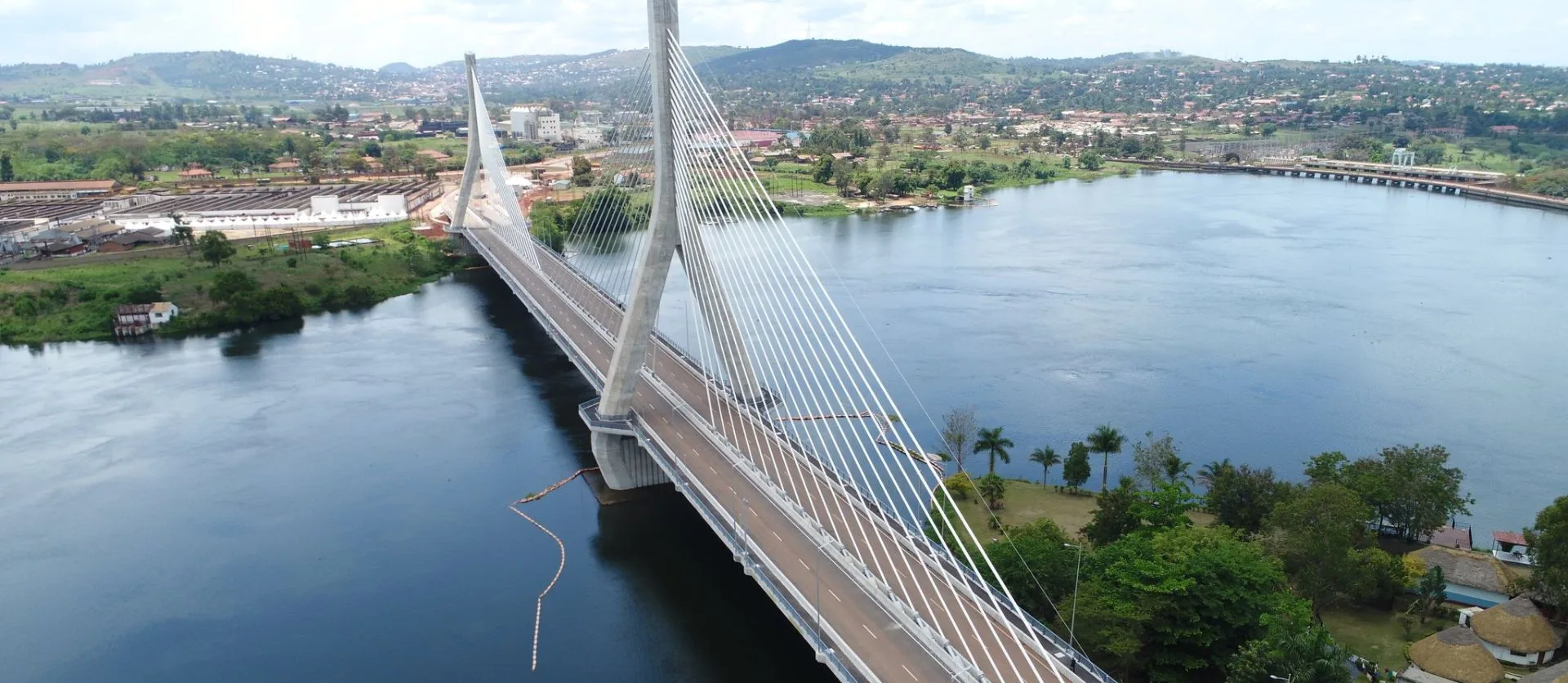Key Infrastructure Projects
1. NAM Summit Infrastructure Development
In preparation for the 19th Non-Aligned Movement (NAM) Summit scheduled for 2024, Uganda is investing in infrastructure that will serve long-term purposes beyond the event itself. Dr. Chris Baryomunsi, a government official, emphasized that the facilities being constructed will remain as permanent assets for the citizens, addressing public concerns about the costs associated with these projects. This initiative is part of a broader strategy to enhance the country’s infrastructure and improve its international profile as a conference destination.
2. Expansion of Entebbe International Airport
The ongoing expansion of Entebbe International Airport is another major project aimed at increasing the airport’s capacity to accommodate more passengers. This expansion is expected to boost tourism and trade, enhancing Uganda’s connectivity to global markets. The project reflects the government’s commitment to improving transportation infrastructure, which is crucial for economic growth.
3. Hydropower Projects
Uganda is also focusing on enhancing its energy capacity through significant hydropower projects. The Karuma Hydropower Project, which is under construction, is anticipated to generate 600 megawatts of electricity, while the Isimba Hydropower Project is expected to contribute an additional 183 megawatts. These projects are vital for meeting the growing energy demands of the country and supporting industrialization efforts
4. Kampala Metropolitan Mass Transport Project
To address urban congestion, the Kampala Metropolitan Mass Transport Project is underway. This initiative includes the development of a Bus Rapid Transit (BRT) system, which will feature 200 buses operating on dedicated lanes. The project aims to improve public transportation and reduce traffic congestion in the capital city.
5. East Africa Crude Oil Pipeline
The East Africa Crude Oil Pipeline, a $4 billion project, is another critical infrastructure development. It is designed to facilitate the transportation of oil from Uganda to the port of Tanga in Tanzania, thereby enhancing the country’s oil export capabilities. This project is part of the broader Lake Albert oil project, which is expected to significantly boost Uganda’s economy.
Economic Impact and Future Prospects
The ongoing infrastructure projects are expected to have a substantial impact on Uganda’s economy. The construction sector is witnessing a surge in confidence, with positive business sentiment reaching record levels. These developments are anticipated to stimulate job creation, enhance trade, and improve overall economic performance. The government is also exploring public-private partnerships to expedite project completion and ensure sustainable development. By fostering collaboration between the public and private sectors, Uganda aims to create a conducive environment for investment and economic growth.
In conclusion, Uganda’s commitment to infrastructure development is set to transform the country’s economic landscape. With strategic projects in transportation, energy, and international event hosting, Uganda is positioning itself for sustainable growth and increased global visibility.


Leave A Comment